Description
Siromus 1 mg is a prescription medicine used to prevent organ rejection in patients aged 13 years or older undergoing kidney transplants. Therapeutic drug monitoring is recommended for all patients receiving Sirolimus. Rejection happens when your body’s immune system recognizes the new organ as a foreign object (basically a threat) and attacks it. Your doctor may prescribe Sirolimus with other medications called cyclosporine and corticosteroids. Your doctor decides whether the medicine is right for you or not. Siromus 1 mg is used orally once daily, consistently with or without food.
Product Description
Do not take Siromus 1 mg tablet if you are allergic to its active or non-active ingredients. Tell your doctor before taking a Sirolimus formulation if you have liver problems, skin cancer, or high cholesterol levels. Siromus can harm an unborn baby; therefore, it should not be used by a pregnant woman or a female who can become pregnant. Also, a woman should not become pregnant while taking anti-rejection medicine and for twelve weeks after ending treatment. Please discuss with your doctor the most effective birth control methods and which one is right for you during this time. It is still not known whether the medication passes into breast milk. However, there is a risk of serious side effects in breastfed infants. Discuss with your doctor the best way to feed your baby while receiving Sirolimus treatment.
Avoid receiving live vaccines during Sirolimus treatment. It is believed that some vaccines may not work while you are receiving Sirolimus therapy. Limit sun exposure; avoid spending much time in sunlight. Wear a broad-spectrum sunscreen and cover your skin with clothing to avoid the increased risk of skin cancer associated with Sirolimus use. You should inform your doctor if you take other prescription or over the counter medications, including vitamin and herbal supplements. Especially, tell your doctor if you take an antibiotic, anti-seizure drug, antifungal medicines, or medicines to lower cholesterol or triglycerides.
Side Effects
The most common side effects of Siromus 1 mg in people with kidney transplants include headache, fever, high blood pressure, urinary tract infection, nausea, stomach pain, joint pain, low platelet count, high blood sugar, low red blood cell count, and diarrhoea.
How to Use
Take Siromus 1 mg tablets as prescribed by your doctor; he will instruct you how many tablets to take and when to take them. Do not make any changes to your dosing regimen without your doctor’s consent. If you already have been prescribed cyclosporine, you should take Siromus tablet and cyclosporine about four hours apart. Do not stop your anti-rejection medicines unless your doctor tells you to. Your doctor will need to monitor your condition by checking the levels of Sirolimus in your bloodstream. Depending on the results, your doctor may increase or decrease your dose. Usually, it is taken orally one time each day. Do not break or chew the tablet. Tell your doctor if you are unable to swallow a pill. Your doctor may provide you with a Sirolimus solution. Take each dose the same way with adequate water, whether with or without food. Food can affect the amount of medicine absorbed into your blood. Do not take this anti-rejection drug with grapefruit juice. If you accidentally take more tablets, contact your doctor straight away.


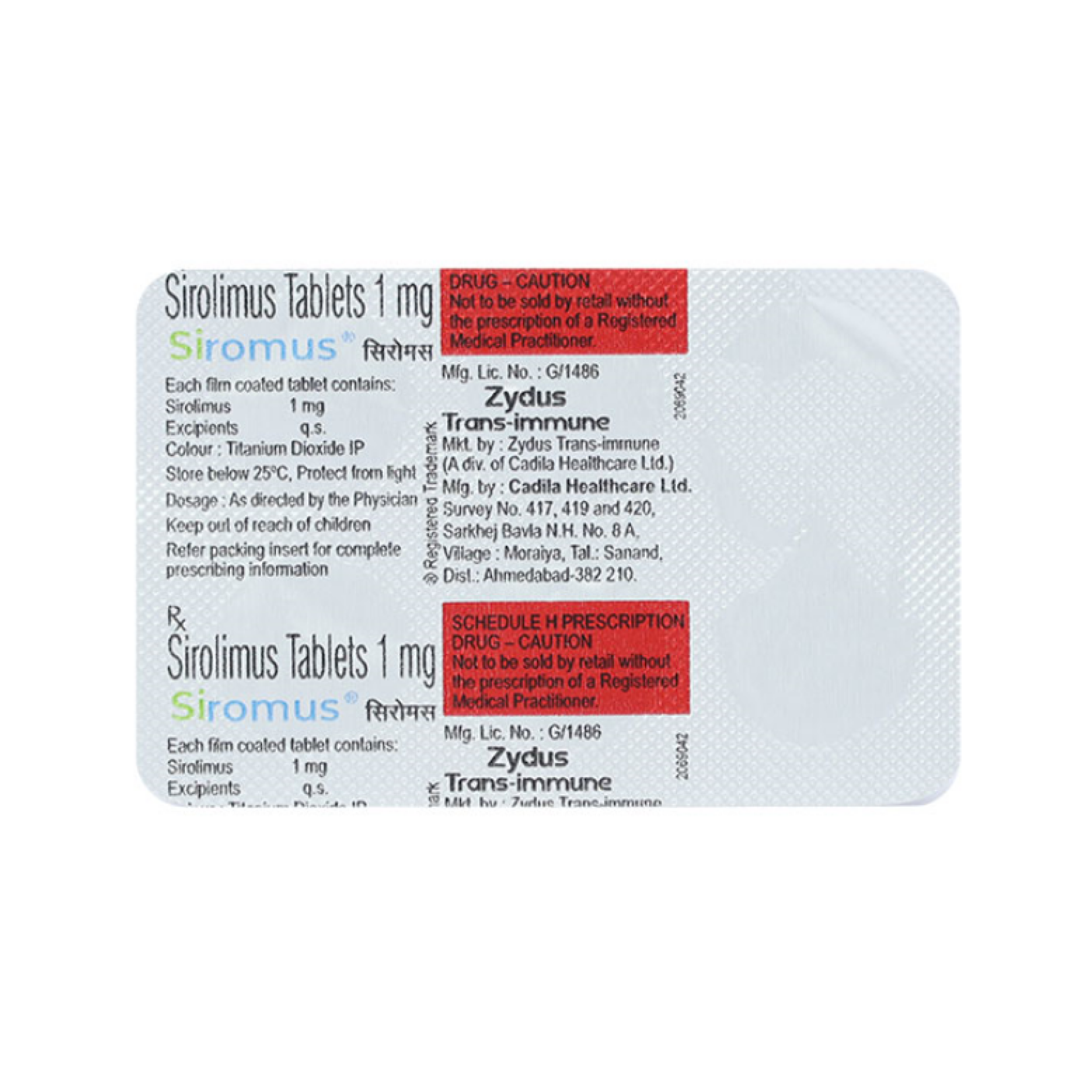
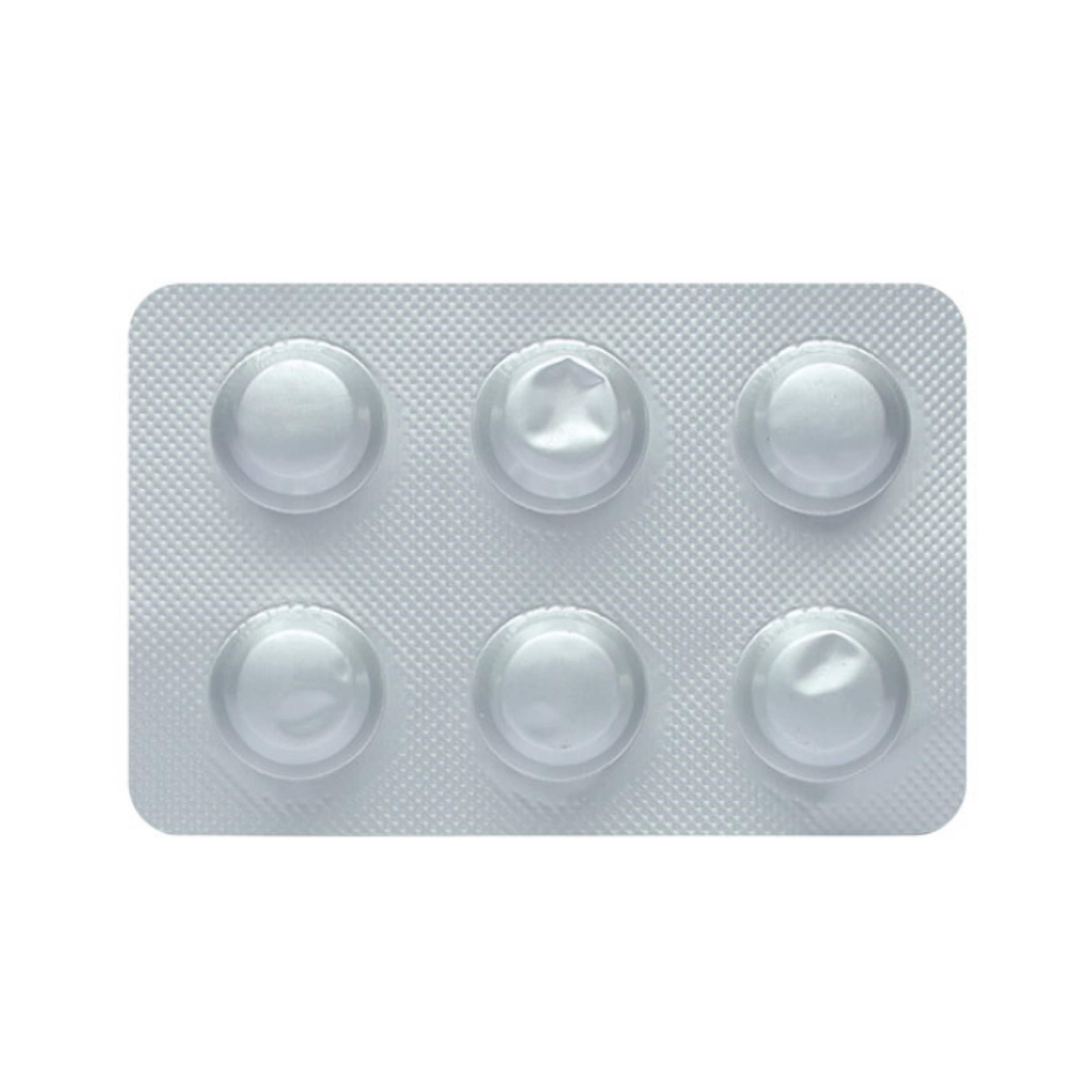
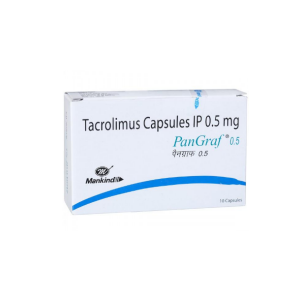
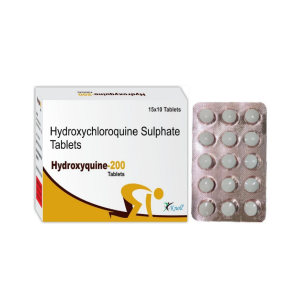
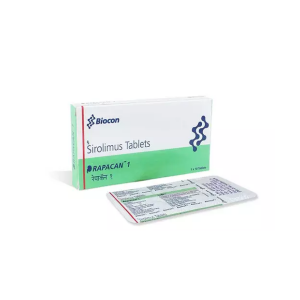
2 reviews for Siromus 1mg Tablet
There are no reviews yet.